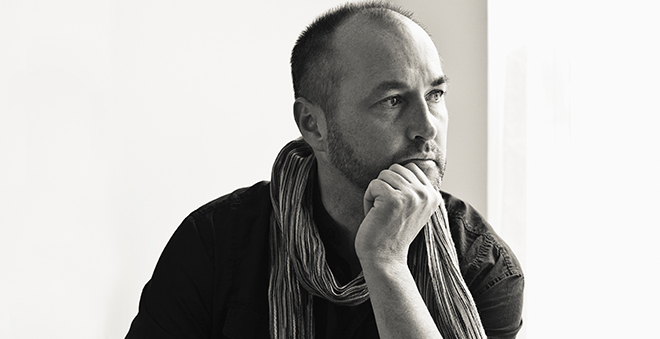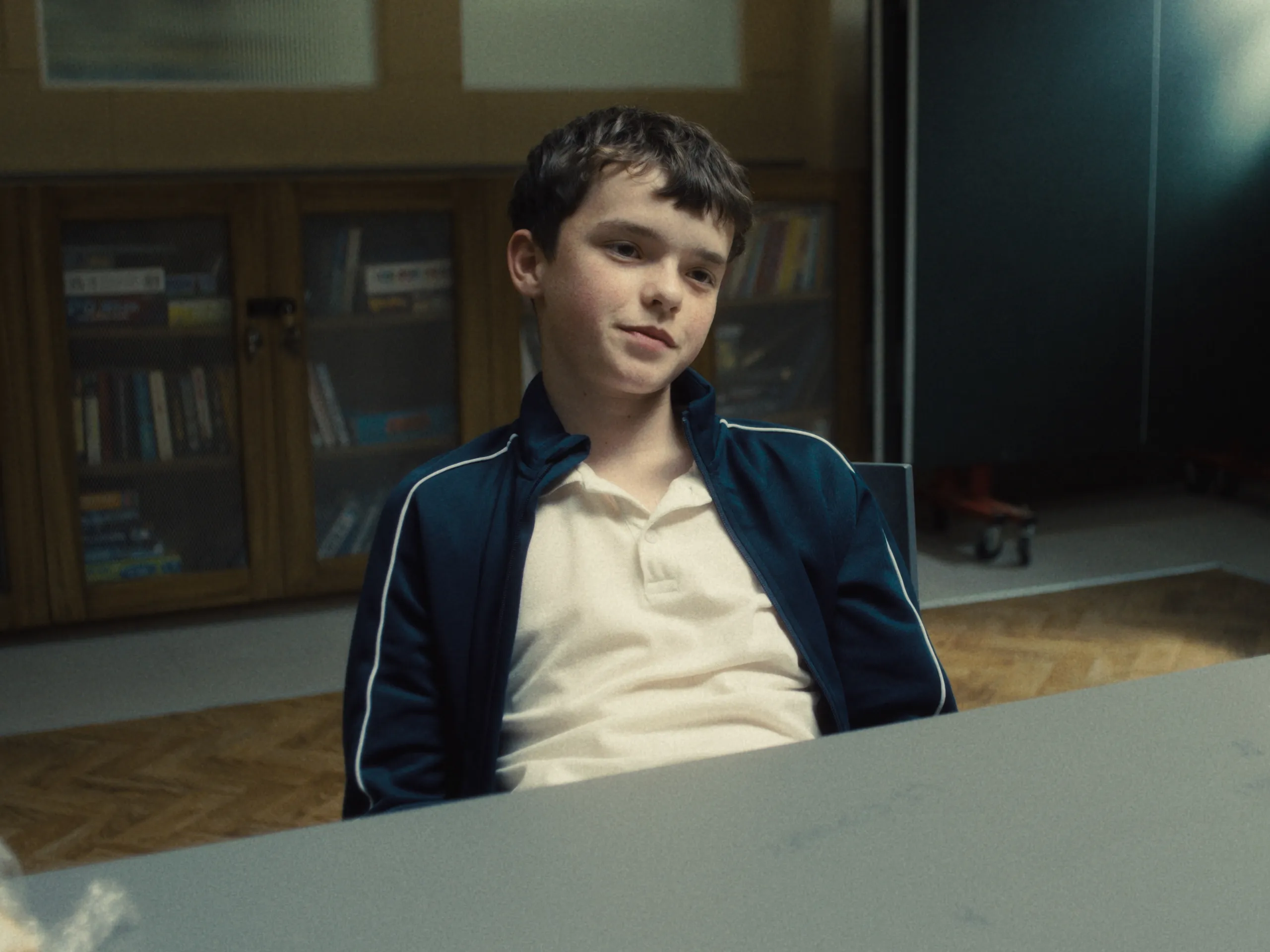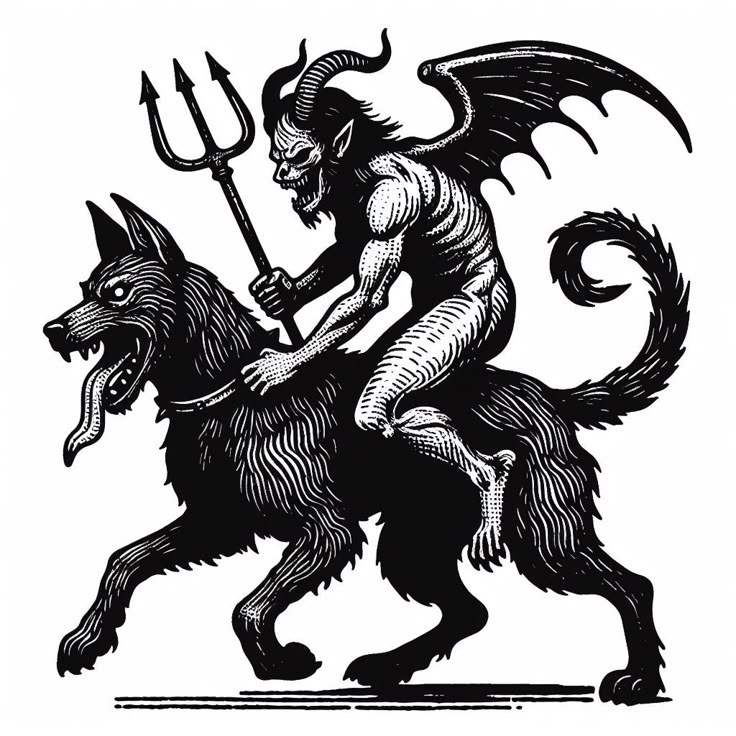In today’s digital age, where every piece of entertainment is dissected and debated with fervor, Severance comes as a breeding ground for theories that stretch the limits of imagination. It’s not just a show; it’s a narrative labyrinth, promising revelations and philosophical musings about personal autonomy and the spirit’s resilience. As dedicated spectators of this intricate drama, viewers have become modern-day oracles of sorts, weaving predictions rooted in each aired episode.
So, what does the cult following believe lies at the show’s denouement? Predictably, opinions are as varied as the characters’ duplicitous lives. Many subscribers to the narrative predict that Lumon Industries will unveil a reality far more sinister than any of the conspiracies already floating in the ether. The speculative mind perceives Lumon as an allegorical monster—a metaphor for the ever-invasive corporatocracy, where man is but a cog in the soulless machine. It’s a setting that Ayn Rand might have warned about, a dystopia where human spirit wars against the collective shackles of an industrial overlord.
A popular conjecture situates Mark, our brain-split protagonist, at a crossroads of ethical paradoxes. Here, fans envision a final act of defiance—a contingency where Mark bridges the gap between his severed personas. In a gloriously poetic twist that mirrors the timeless rivalry between determinism and free will, Mark transcends his fragmented self. This makes him not merely a prisoner of circumstance but an agent of rebellion, who shatters the veneer of construct, laying bare the raw, undiluted reality of cognitive freedom.
Diving deeper into the hive mind of fandoms, there’s an anticipation of a cataclysmic event, a revelation of grand conspiracies that shakes the foundations of Lumon’s veiled operations. The whispers foretell of a mythological awakening—a sudden jolt that snaps the severed consciousness back into integrated existence, offering viewers a bittersweet closure. It’s a finale that challenges the bedrock of human agency and the valorization of choice—themes that dovetail neatly with a libertarian spirit.
Alternatively, some foresee an ambiguous ending, one that artfully mimics life’s indecipherability. This conclusion might delight existential purists, leaving trails of suggestion rather than resolution. Here, Severance may echo Kafka’s sentiments, wherein life remains an unsolvable enigma, its questions eternally unanswered, its truths perpetually obscured behind a lattice of irony and uncertainty.
In this speculative arena, the art of the possible thrives, exemplifying how a series such as Severance transcends mere entertainment. The nuanced interplay of symbolism, narrative complexity, and psychological inquiry continue to captivate and confound, inviting viewers not only to witness a story but to actively engage in its unfolding.
Thus, as the final credits loom nearer, fans await eagerly—not just for an ending, but for an epiphany, one that echoes their deepest hopes or, perhaps more tantalizingly, their darkest fears. In this way, Severance isn’t just a show; it’s a mirror reflecting the eternal human quest for meaning amidst the chaos.











Leave a Reply